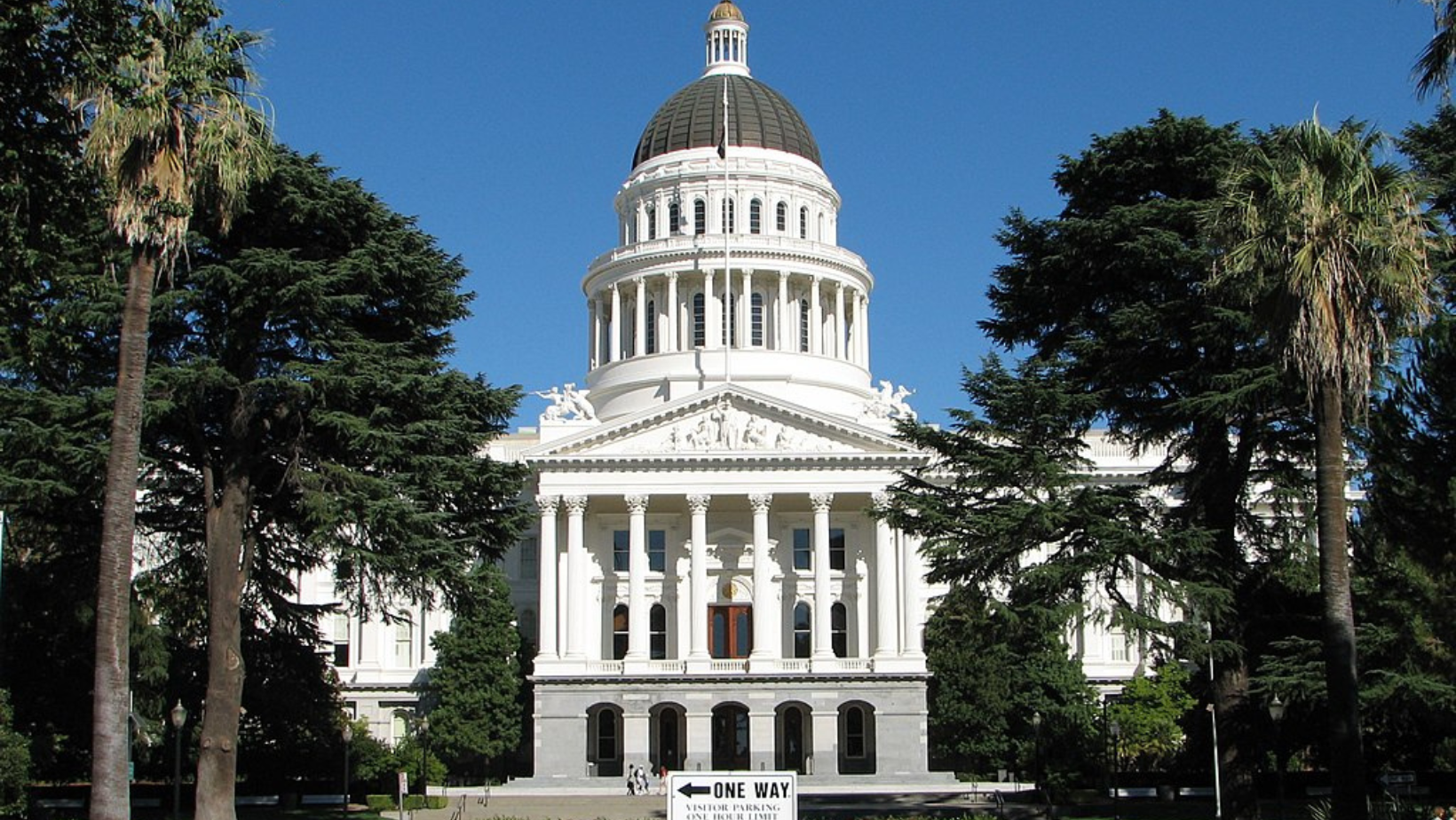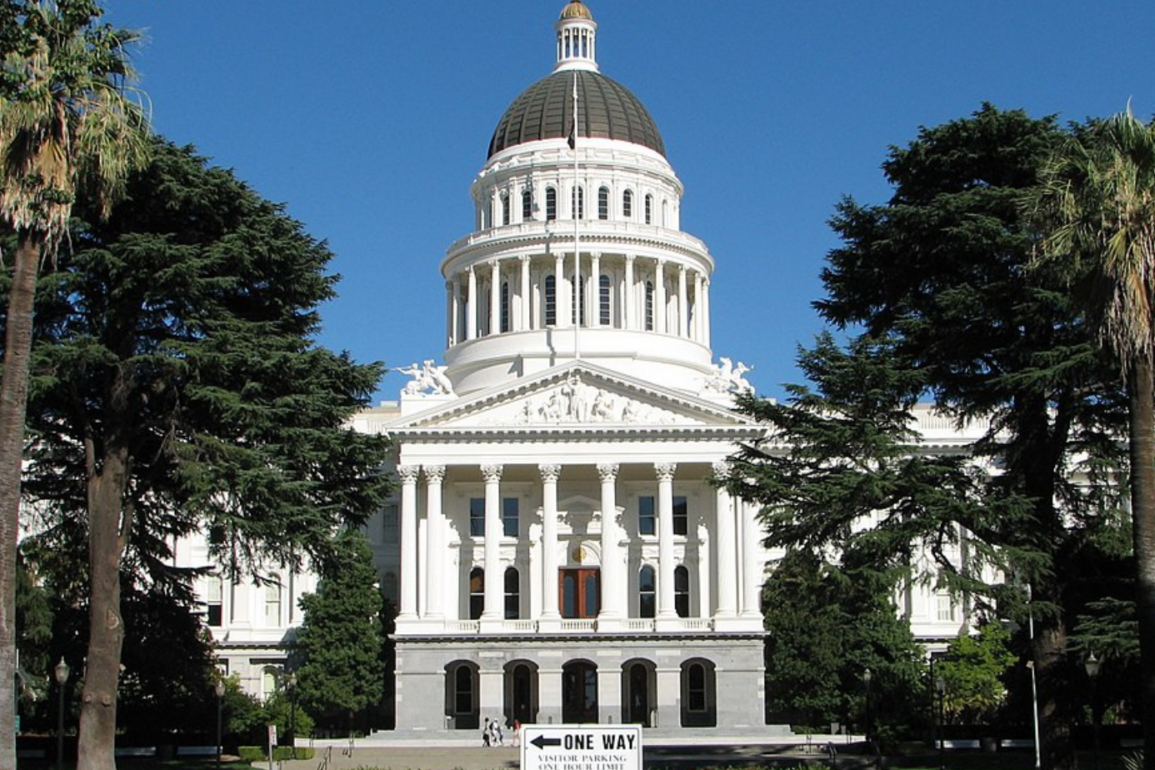
California legislators have introduced a landmark fleet of bills aimed at addressing reparations for Black Americans, specifically descendants of slaves. As Black History Month kicks off, the California Legislative Black Caucus rolled out 14 bills, though none suggest direct cash payments, a point that diverges from last year’s San Francisco Reparations Advisory Committee’s controversial recommendation of $5 million lump-sum payments. The Office of Reparations in San Francisco, however, was dissolved due to budget cuts by Mayor London Breed, as reported by SFist.
The bills come following extensive work by the California Reparations Task Force, which last year, put forth recommendations to rectify the damages wrought by slavery and decades of institutional racism. State Senator Steven Bradford (D-Los Angeles) emphasized the scope of the legislative effort, telling SFist, “Reparations is not charity, it’s not a handout, It’s not a gift. It is what was promised and what is owed. It’s something that is 160 years overdue to African Americans who built this country. We wouldn’t be the great nation that we are today if it wasn’t for 400 years of free labor.”
While California was not a slave state, it did witness slavery with African Americans brought in during the Gold Rush, and many Black Californians faced property injustices, including losses through eminent domain. Among the bills is one sponsored by Bradford to restore such property or offer compensation where due, according to SFist.
Backing the legislative package, supporters understand this as a comprehensive approach beyond monetized compensation. “While many only associate direct cash payments with reparations, the true meaning of the word, to repair, involves much more,” stated Assemblymember Lori Wilson, chair of the Black Caucus, in a piece from CalMatters. These measures, some yet to be introduced, promise increased Black homeownership initiatives, criminal justice reform, and apologies for historical violations.
Given the state’s looming budget deficit, these proposals land in tricky financial waters, with the governor’s office projecting a $38 billion shortfall. This setting complicates garnering support for any bills with significant financial implications. Nevertheless, Jonathan Burgess, a Sacramento fire battalion chief and vocal reparations advocate, hailed the legislative package as “phenomenal,” especially for its take on property restitution. “It’s really about righting history and showing our nation the path forward,” Burgess told CalMatters. He, along with many, sees this as just the beginning of a needed redress.


